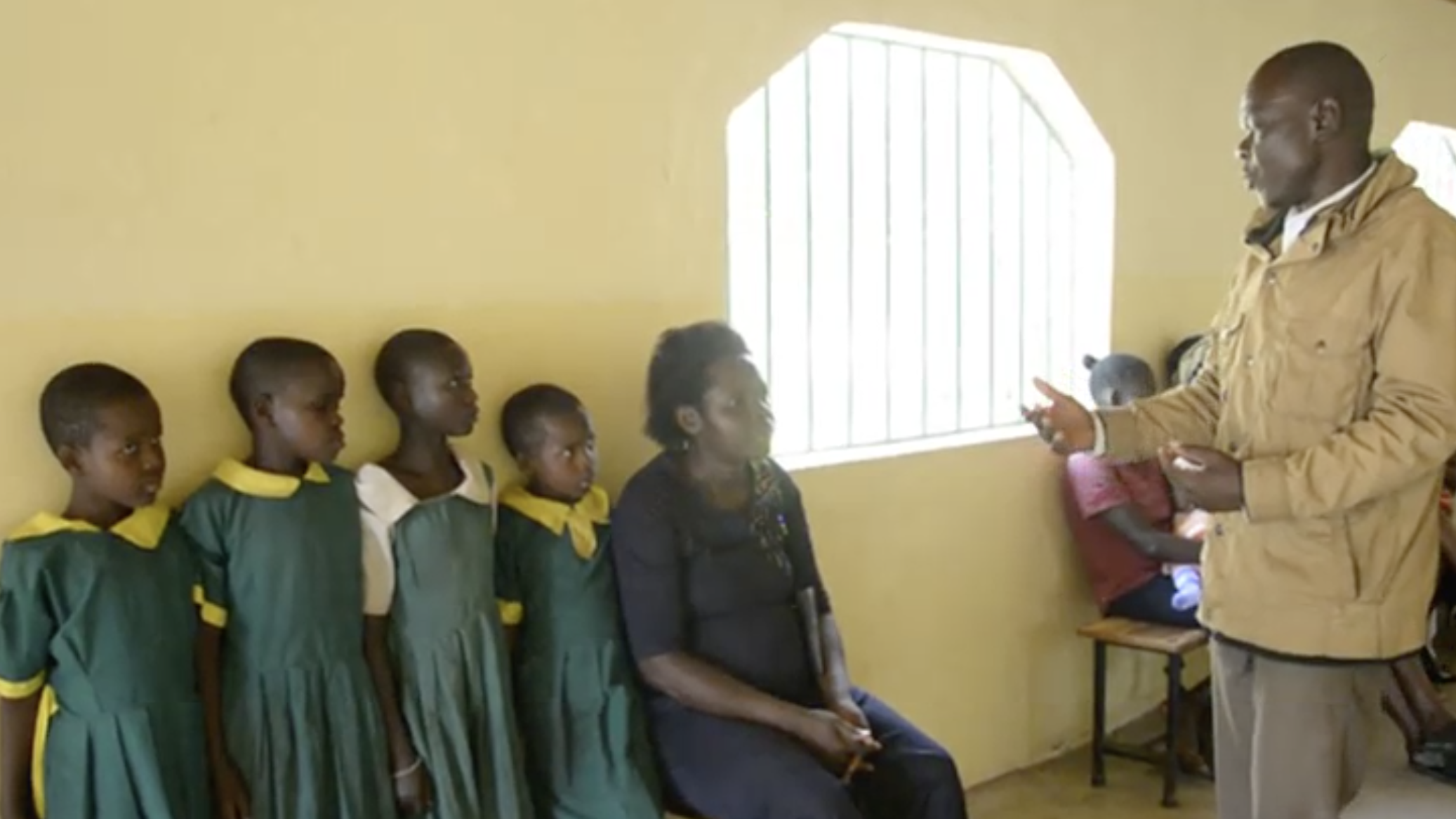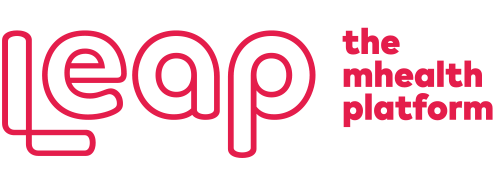
Killing HPV one schoolgirl at a time
The Integration of mobile learning to KANCO Training programmes – is a pilot initiative that seeks to assess the ability to enhance routine Immunization and defaulter tracing training community programs by integrating an m-Health component that offers initial and refresher training on Immunization to Community Health Volunteers (CHVs), collaboration and supervision opportunities to improve effectiveness of the program.
As Silas Wanjala went through this Immunisation module, sponsored by KANCO for Bumula and Tongaren sub counties of Bungoma County, Topic 148 struck him overwhelmingly. The topic is about the non-routine HPV vaccine against the Human Papillomavirus. He could not imagine that a preventable virus causes cervical cancer. He set out eagerly to share this message in his Nakholo village where some believed that the vaccine was a secret family planning project by the Government.
Silas got to work dispelling this myth. He especially made time to talk to the girls under 10 years directly in the schools in his village about the benefits of the vaccine and in the same breath, the dangers of careless sexual behaviour. This was obviously done with the approval and supervision of the teachers in the school.
We met him during one of his talks to girls of the Sirende Primary School who had come to the Siboti health facility for the vaccination, accompanied by their teacher. After introducing himself and his role at the facility, he proceeded to explain what the vaccine is, what it is for and why the girls are getting it at that time.

“The government advises that the vaccine be given to young girls under 10 years old as they are not yet sexually active. You are receiving this vaccine so that you do not suffer from cervical cancer in the future. After the shot today, the next one will be in September. Is there any one of you that has a question?” Silas makes sure he goes through this with every group of girls that come to the facility for the vaccine.
On 15 July 2020, the World Health Organization and UNICEF warned of an alarming decline in the number of children receiving life-saving vaccines around the world. This is due to disruptions in the delivery and uptake of immunization services caused by the COVID-19 pandemic. According to new data by WHO and UNICEF, these disruptions threaten to reverse hard-won progress to reach more children and adolescents with a wider range of vaccines, which has already been hampered by a decade of stalling coverage.
The latest data on vaccine coverage estimates from WHO and UNICEF for 2019 shows that improvements such as the expansion of the HPV vaccine to 106 countries and greater protection for children against more diseases are in danger of lapsing.
However, as UNICEF and WHO support countries in their efforts to reimagine immunization and build back better, we believe the solid base of knowledge sharing in the community by our trained CHWs will spur the communities and their facilities to restore services to safely deliver routine immunization services during the COVID-19 pandemic, by adhering to hygiene and physical distancing recommendations and providing protective equipment to health workers. The Ministry of Health in Kenya stepped up and made available the INTERIM GUIDANCE ON CONTINUITY OF ESSENTIAL HEALTH SERVICES DURING THE COVID-19 PANDEMIC to “ensure that our mothers and children continue to get the critical services that they require; and that those who require medication to manage chronic conditions such as Diabetes and Hypertension, do not suffer due to lack of access to services,” in the words of Dr. Patrick O. Amoth, the Ag. Director General, Health.

